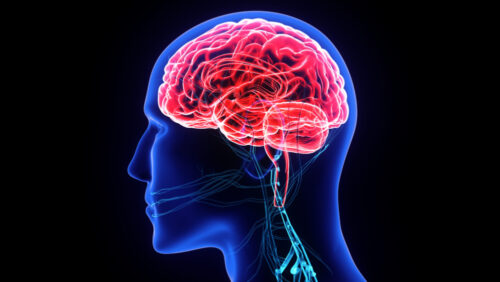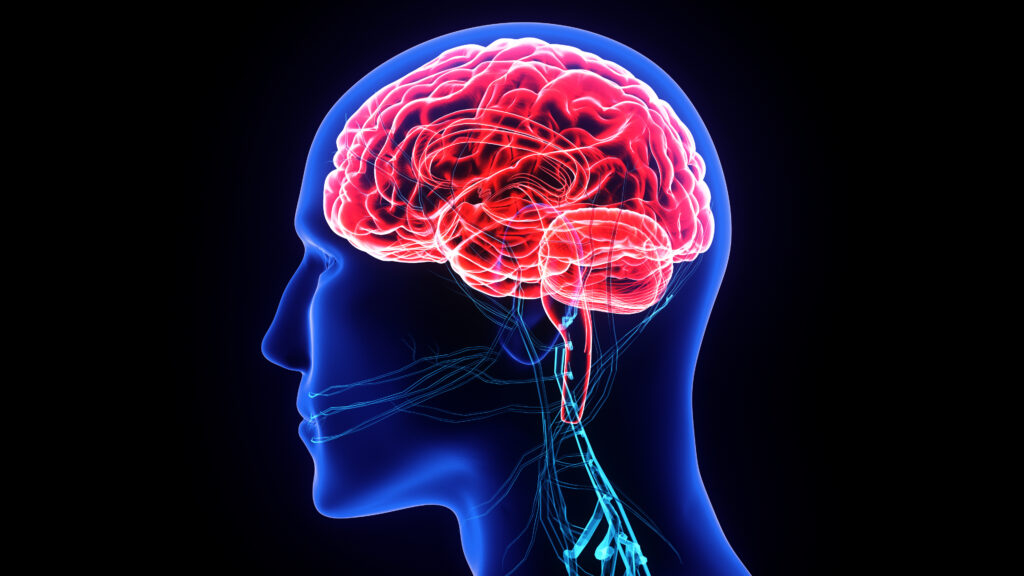
According to the National Highway Traffic Safety Administration (NHTSA), aggressive driving occurs when an individual commits a combination of moving traffic offenses so as to endanger other persons or property. Unfortunately, aggressive driving is far from rare, and has occurred more often in the last few years. Aggressive driving and its associated forms, such as road rage, may lead to car accidents, which are among the most common causes of traumatic brain injury (TBI) in South Florida and across the United States. For more information on how aggressive driving may lead to TBI in South Florida, please continue reading, then contact an experienced Miami car accident lawyer today.
How common is aggressive driving in South Florida?
Not only is aggressive driving common, but it is also deadly. Aggressive driving leads to roughly two-thirds of all traffic fatalities and roughly 56% of all fatal motor vehicle crashes are attributed to acts of road rage. Additional acts of aggressive driving include:
- Tailing other motorists too closely
- Switching lanes erratically, such as without a blinker
- Driving on the shoulder of the road
- Unsafely overtaking other vehicles
- Changing speeds suddenly or traveling at excessive speeds
- Failing to yield right-of-way, obey traffic laws, observe warnings or instructions, or signal
- Driving too fast for inclement weather conditions
- Racing
How does aggressive driving cause a traumatic brain injury?
As previously stated, aggressive driving can lead to devastating car crashes. When two vehicles collide or one vehicle collides with a fixed object, the force of the hit can cause the brain to strike the internal hard bone of the skull. This, in turn, damages brain structures and tears nerve tissues. As a result, brain function is impaired and can lead to both short and long-term effects.
How might aggressive driving damage the brain?
Aggressive driving and road rage can lead to any number of injuries for the involved motorists, passengers and pedestrians. Some of the most common traumatic brain injuries and their side effects include:
- Concussion: Usually accompanied by loss of consciousness, dizziness and confusion.
- Contusion: This may result in blood clots in the brain, difficulty speaking, memory challenges and changes in cognition.
- Diffuse axonal: Side effects include seizures, severe headaches, migraines and memory loss or collapse.
- Penetration: When an object penetrates the brain, the victim may experience heavy blood loss, difficulty breathing and exhaustion.
- Coup-contrecoup: When injuries occur on both sides of the brain, victims suffer severe brain damage.
- Acquired brain injuries: Blood loss, chest complications, lung and rib damage and throat injuries can directly affect the brain, such as a shortage in blood supply.
Speak with a Miami auto accident lawyer to discuss how you or your loved one can pursue compensation and what you may be entitled to.
Contact a Miami-Dade County, Florida Personal Injury Lawyer
If you’ve been seriously injured as a result of negligence, contact us at Aigen Injury Law today to schedule your free case evaluation.
